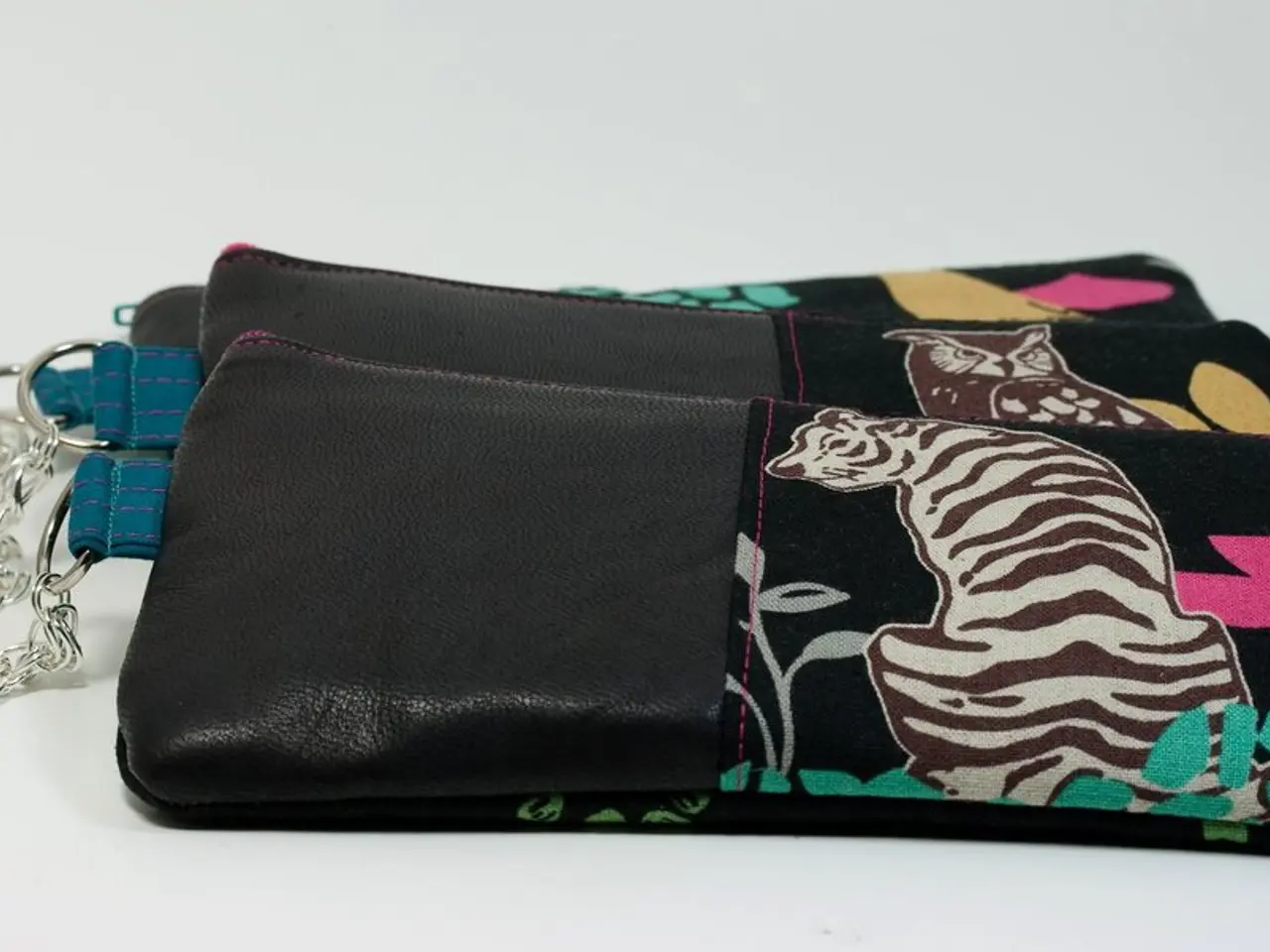DeFi Education Fund and a16z petition for SEC safe harbor to protect developers of decentralized exchanges (DEX) and crypto wallets
In a significant move aimed at fostering innovation and growth in the burgeoning crypto industry, Andreessen Horowitz (a16z) and the DeFi Education Fund (DEF) have proposed a safe harbor for developers of decentralized apps (dApps). This initiative, if accepted, would offer regulatory clarity and relief from certain broker-dealer registration requirements for dApps that meet specific criteria [1][2][3][4][5].
The key conditions for a dApp to qualify for this safe harbor are as follows:
- Non-custodial Design: The dApp must never take control of or custody of user funds or assets. It should allow users to maintain control of their own assets at all times.
- No Asset Control: The app must not exercise control or custody over users' transactions or assets.
- No Investment Advice or Solicitation: The dApp must not provide investment advice or solicit investments, avoiding activities traditionally associated with brokers.
- Decentralized Protocol Operation: The app must operate only on blockchain networks that are fully decentralized, autonomous, and non-custodial, ensuring the protocol itself is sufficiently decentralized.
These criteria are designed to clearly distinguish dApps that function as purely technical and decentralized interfaces allowing users to self-arrange transactions, from those that might carry broker-dealer risks under securities law.
The SEC's Chair, Paul Atkins, has also taken a proactive stance in this regard, unveiling "Project Crypto", an initiative to formally greenlight numerous categories of crypto projects and products as outside the agency's purview [6]. This shift in policy could potentially exempt certain centralized entities retaining control over crypto apps from SEC oversight, if they demonstrate good faith to decentralize.
Amanda Tuminelli, executive director of the DeFi Education Fund, emphasized the need for clarity in the industry. She stated that developers deserve clarity and that the hope in submitting the proposal is to provide front-end developers with guidelines enabling them to build without fear of being scoped into unreasonable requirements [7].
However, it's important to note that the letter does not specify a threshold for the total value of assets an app is dealing in to determine safe harbor eligibility. Additionally, the SEC's action against Consensys argued that the company was illegally acting as an unregistered broker under the Securities Exchange Act of 1934 [8]. However, the SEC has moved to dismiss its cases against Consensys, Uniswap, and major American crypto companies at the start of President Donald Trump's second term [9].
This proposal applies to popular types of decentralized apps like decentralized exchanges, self-custodial wallets, and NFT marketplace protocols. The hope is that this initiative will foster innovation in DeFi and NFT marketplaces, reducing legal risks and encouraging the growth of the crypto industry domestically [10][11].
References: [1] a16z.com/crypto/safe-harbor-proposal/ [2] defieducation.org/safe-harbor-proposal/ [3] coindesk.com/policy/sec-safe-harbor-proposal-a16z-defi-education-fund [4] decrypt.co/75210/andreessen-horowitz-defi-fund-ask-sec-create-safe-harbor-for-decentralized-apps [5] coindesk.com/policy/defi-education-fund-a16z-propose-safe-harbor-for-decentralized-apps [6] sec.gov/news/press-releases/2018/34-83907 [7] coindesk.com/policy/defi-education-fund-a16z-propose-safe-harbor-for-decentralized-apps [8] sec.gov/litigation/litreleases/2018/lr24234.htm [9] coindesk.com/sec-drops-cases-against-consensys-uniswap-and-major-us-crypto-companies [10] coindesk.com/policy/defi-education-fund-a16z-propose-safe-harbor-for-decentralized-apps [11] decrypt.co/75210/andreessen-horowitz-defi-fund-ask-sec-create-safe-harbor-for-decentralized-apps
- Andreessen Horowitz (a16z) and the DeFi Education Fund (DEF) have proposed a safe harbor for developers of decentralized apps (dApps) in the crypto industry.
- This initiative could offer regulatory clarity and relief from certain broker-dealer registration requirements for dApps that meet specific criteria.
- For a dApp to qualify for this safe harbor, it must never take control of or custody of user funds or assets, allowing users to maintain control of their own assets at all times.
- The app must not exercise control or custody over users' transactions or assets, nor provide investment advice or solicit investments.
- The app must operate on fully decentralized, autonomous, and non-custodial blockchain networks.
- The SEC's Chair, Paul Atkins, has unveiled "Project Crypto", an initiative that could potentially exempt certain centralized entities from SEC oversight if they demonstrate good faith to decentralize.
- This proposal applies to popular types of decentralized apps like decentralized exchanges, self-custodial wallets, NFT marketplace protocols, and more.
- The hope is that this initiative will foster innovation in DeFi and NFT marketplaces, reducing legal risks and encouraging the growth of the crypto industry domestically.
- Developers deserve clarity, as stated by Amanda Tuminelli, executive director of the DeFi Education Fund, who emphasized the need for guidelines that enable front-end developers to build without fear of being scoped into unreasonable requirements.




